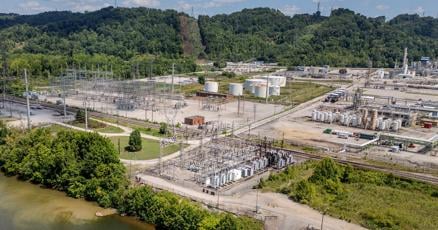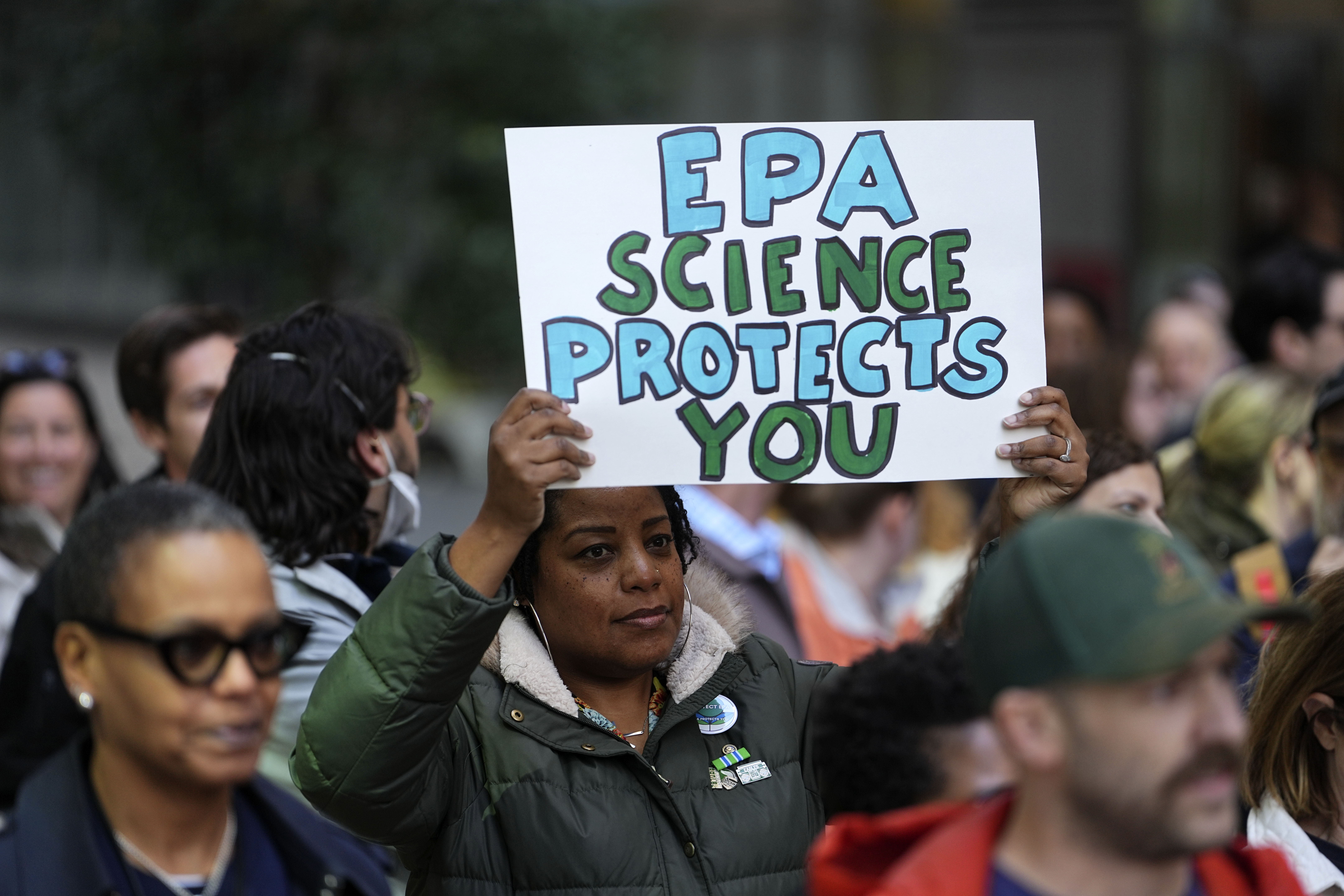Hidden Hazards: Face Masks Shed Toxic Microplastics, Raising Alarm for Human and Environmental Health

The COVID-19 pandemic triggered an unprecedented global surge in face mask usage, transforming these protective barriers into an environmental challenge. As millions worldwide donned masks to shield themselves from the virus, the unintended consequence has been a massive wave of discarded protective gear polluting our land and water ecosystems.
During the height of the pandemic, face masks became as essential as smartphones and wallets, with billions produced and distributed globally. However, the convenience of these disposable shields came at a significant environmental cost. Improperly discarded masks have been found littering streets, beaches, and waterways, posing serious threats to wildlife and natural habitats.
Environmental experts warn that these single-use masks, often made from non-biodegradable materials like polypropylene, can take hundreds of years to decompose. Marine animals mistake fragmented masks for food, while microplastics from these discarded items gradually contaminate soil and water systems.
As the world transitions beyond the pandemic's peak, addressing this emerging environmental crisis requires collective action. Encouraging responsible disposal, promoting reusable mask options, and developing more sustainable mask materials are crucial steps in mitigating the long-term ecological impact of our pandemic-era protective measures.








